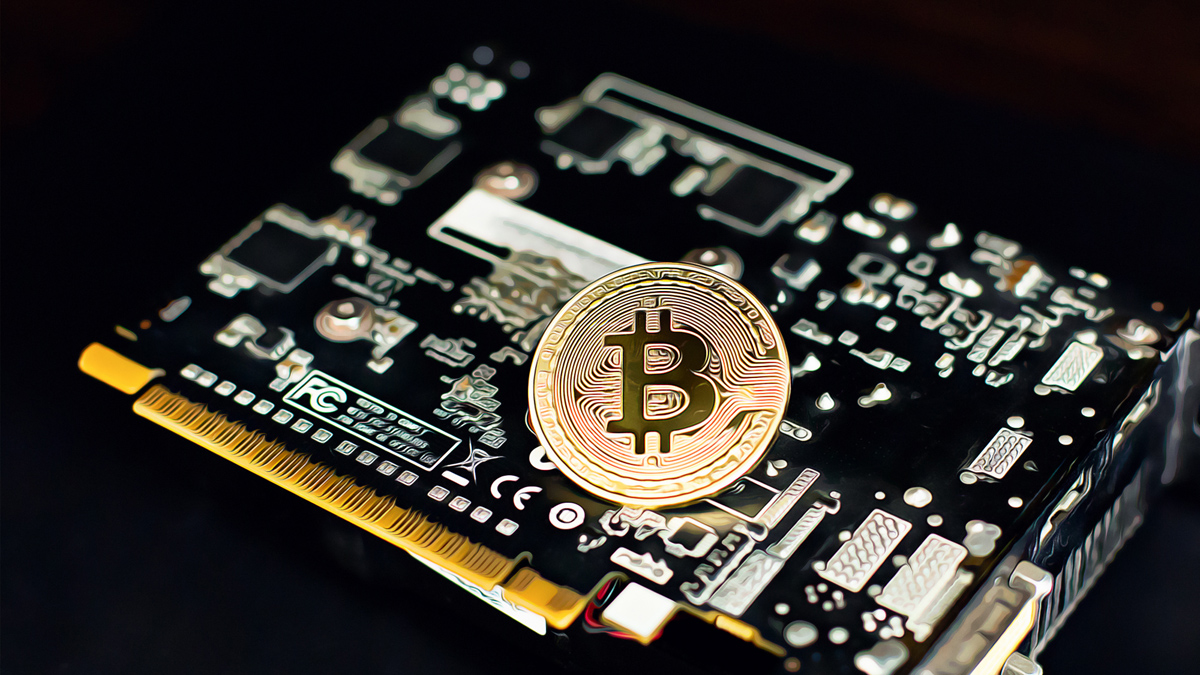At the Moscow Blockchain Forum, Sergey Mendeleev introduced an innovative vision for a ruble-backed cryptocurrency. His proposal centers on a system offering untraceable transfers, operating without identity verification, and utilizing censorship-resistant and over-collateralized smart contracts. This bold approach challenges the traditional financial paradigms, aiming to create a financial ecosystem that prioritizes user privacy and decentralization.
Privacy, Liquidity, and Technical Potential
Mendeleev’s proposed system diverges from classical financial norms, allowing users to perform transactions without revealing their identities. He emphasized the importance of maintaining high liquidity while adhering to the principle of anonymity. This vision introduces a novel approach, particularly significant for state-backed projects that traditionally follow a conservative path.
Technically, Mendeleev acknowledged that some components of this system have already been tested in different projects, suggesting that experimental applications pegged to the ruble could serve as examples. However, none of the existing projects have managed to offer all the proposed features under one umbrella, highlighting the uniqueness of his vision.
Previous models often had to compromise either on anonymity or decentralization to align with regulatory requirements. Mendeleev’s hybrid structure aims to harmonize these opposing concepts, striving to develop a comprehensive system that accommodates them all.
Challenges Under Regulatory Scrutiny
Nevertheless, this ambitious proposal faces significant challenges under the current legal regulations in Russia. Mendeleev pointed out that the nation’s laws currently favor centralization and adopt a restrictive stance towards liberalizing initiatives. Concepts such as anonymity and censorship resistance are in direct conflict with prevailing regulations.
Mendeleev expressed concern by stating, “Unfortunately, we are advancing entirely in the opposite regulatory direction, moving towards intensified restrictions rather than liberalization.” This regulatory environment poses substantial obstacles to the realization of his project.
Despite the existence of some technical components, adapting them to comply with legal requirements and integrating them into a single system presents a significant engineering and diplomatic challenge. Mendeleev highlighted that, apart from anonymous transactions, all other components are feasible, emphasizing that the project’s future hinges on its alignment with existing regulations.
These discussions underscore that digital asset ventures in Russia must contend with legal and political barriers in addition to technical competency, presenting a multifaceted challenge for development.

 Türkçe
Türkçe Español
Español









